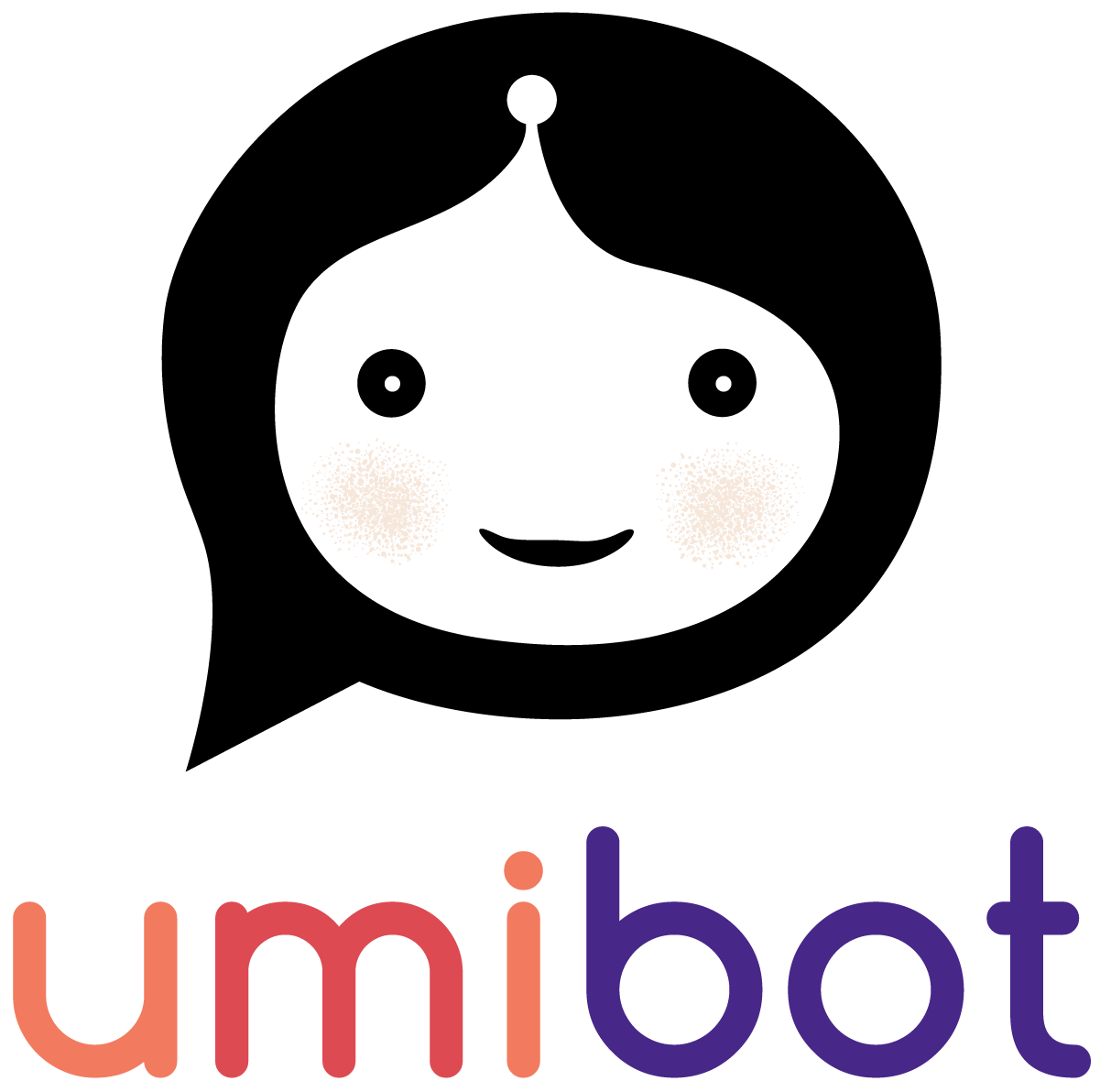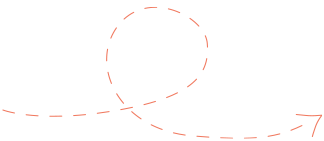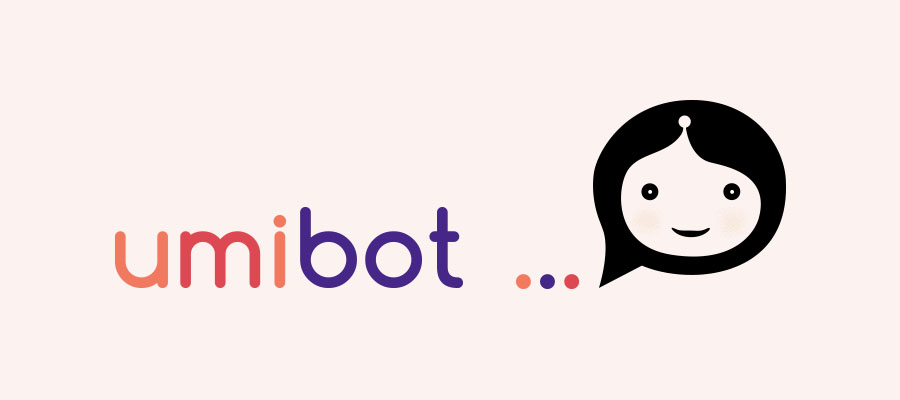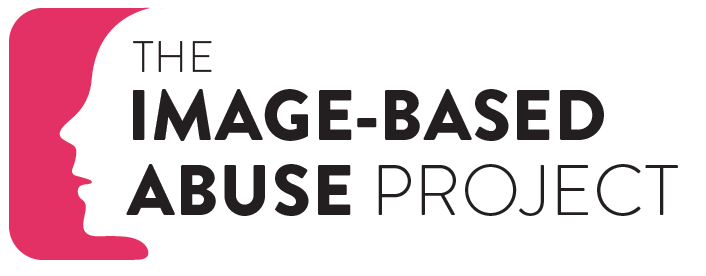

INTRODUCING THE ''UMIBOT" CHATBOT
Umibot, or Umi, is a chatbot designed by feminist researchers at RMIT University to provide information, support and general advice on the non-consensual taking or sharing of intimate images (“image-based abuse” or “IBA”). IBA is also known as “image-based sexual abuse”, and sometimes referred to as “revenge porn” or “non-consensual pornography”.
Umi is the first chatbot of its kind — one entirely focused on image-based abuse — in Australia and internationally.
WHAT CAN YOU CHAT TO UMI ABOUT?
Users, including victim-survivors, bystanders and perpetrators, can chat with Umibot to get information on:
- Laws, both criminal and civil, at the Australian national and state/territory levels;
- Reporting options, including those for digital platforms, the police and the Australian eSafety Commissioner;
- Support services, such as helplines, counselling services and legal aid;
- Capturing evidence of image-based abuse;
- Keeping safe online and more.
IS UMIBOT AN OFFICIAL REPORTING TOOL?
No. Umi’s purpose is to provide information, support and general advice on image-based abuse. Umibot can be particularly useful for people who might not want to, or be ready to, speak to a human person.
THE STORY BEHIND UMI'S DESIGN

Our team adopted an intersectional, feminist approach in the design and development of Umibot. This approach recognises that image-based abuse intersects with many, often multi-layered, aspects of identity, such as gender, sexuality, race, age and disability. Our approach is underpinned by the values of accessibility, accuracy, diversity, efficacy, empathy privacy, safety, security and trust.
The information that Umi provides is based on decades of research expertise in relation to sexual violence, gendered-violence and technology-facilitated abuse.
We hope that Umibot will be a one-stop, comprehensive, empathetic and non-judgmental informational tool for Australians and other users seeking help for image-based abuse. Our aim is for the chatbot to provide a safe space for people to explore their different options and find out more information to help them navigate their experiences.
WHY IS THE CHATBOT CALLED "UMIBOT"?
Umibot’s name is multilayered. We chose “Umi” (pronounced you-me) because it speaks to the two-way conversational nature of the chatbot (i.e., you and me having a conversation). The “i” in Umibot’s name mirrors the antenna in the chatbot’s character/logo, and we added the word “bot” at the end of Umi’s name make it clear that the chatbot is a computer program, not a human. These decisions culminated in the name “Umibot”!
WHAT IS UMI MEANT TO LOOK LIKE?
Umibot’s character, as designed by Melbourne-based artist and graphic designer Justine Henry, is deliberately ambiguous and open to interpretation. From one perspective, Umi takes the form of a robot with an antenna, floating inside a speech bubble. From another, Umibot is a human character wearing a hijab or headscarf, or someone with a bob hairstyle. The purpose of this ambiguity is to convey that Umi is here to speak to everyone.

FREQUENTLY ASKED QUESTIONS
Who built Umi and why?
We – a team of feminist researchers at RMIT University in Melbourne, Australia – designed and developed Umibot with assistance from the Melbourne-based digital agency Tundra. Our two main motivations were to:
- provide information, support and general advice to users, including victim-survivors, perpetrators and bystanders, about image-based abuse; and
- produce new knowledge, including concepts, methodologies and understandings for both (i) national and international stakeholders attempting to better detect, prevent and respond to image-based abuse; and (ii) researchers in the field – as a research tool and contribution to existing knowledge.
Can people outside of Australia chat to Umibot?
Yes. While we designed Umi principally for Australian users, some of the information provided may be useful for people living in another country. For information about accessing support services in another country, please visit the Australian Government eSafety Commissioner’s website.
Is Umi based on research?
Yes. Umibot is a continuation of Professor Nicola Henry’s 20+ years’ research experience in the field of sexual violence. Umi’s responses are informed by Professor Henry and her collaborators’ groundbreaking research that investigates the extent, nature and impacts of sexual violence and harassment, including legal and prevention responses in Australian and international contexts.
Is Umibot available in languages other than English?
No. Umi is currently a pilot chatbot; that is, an early version that we are testing before potentially introducing it more widely. A result is that Umibot is currently available in English only. We hope to make Umi available in other languages in the future.
How can you give feedback on Umi?
If you’d like to give us feedback on what it was like to chat with Umibot, please fill out our survey here. For every completed survey, we will donate $2 to Beyond Blue.
Who is funding Umibot?
Umibot is funded by an Australian Research Council (ARC) Future Fellowship Project (FT200100604).
